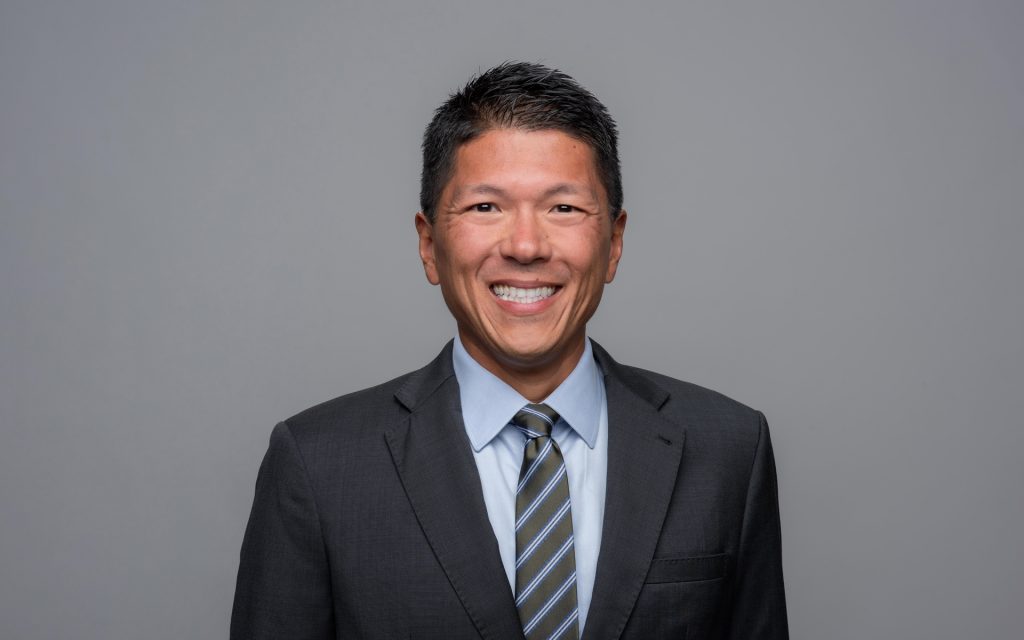To arrange an interview with Professor Germain, please email Rob Conrad, College of Law Director of Communications and Media Relations.
Professor Gregory Germain spoke with Spectrum News 1 in the wake of a New York jury finding Donald Trump guilty of all 34 charges in the hush money case. He provided an analysis of the charges, what can happen on appeal, possible sentencing outcomes, and his current presidential campaign.
Germain noted that “There are very difficult legal issues in this case, some of which the judge preempted them [Trump’s defense] from arguing and others they should have emphasized the fact, for example, that the business records were modified or falsified after the election. How could the records have been falsified in order to defraud the voters when the records were falsified after the election?”
On the topic of sentencing, expected for July 11, Germain said “The rules say the sentence should be between one and four years in jail, but it can be less than one year at the discretion of the judge for a first-time offender. What happens now is we get the presentencing report from the probation department making a recommendation for the sentence and I would be shocked to see any recommendation of any jail time in a case like this, in a Class E first time-felon, the lowest felony you can be charged in New York.”
In a Fox News story, Germain said observed that it was “a terribly risky strategy for Trump to focus on Michael Cohen’s credibility rather than focusing on the convoluted legal basis for the claims.”
“It’s not clear to me what they expected the jury to believe – that Michael Cohen paid $125,000 of his own money to Stormy Daniels without Trump’s knowledge and promise of reimbursement? They did not present an alternative theory that makes any sense, so of course they believed Cohen,” Germain said.
He claims that “a much better argument” would have been “that the records could not have been falsified to defraud the voters in the 2016 election because the records were falsified in 2017 after the election was over, and the records were not public or known by the public.”

